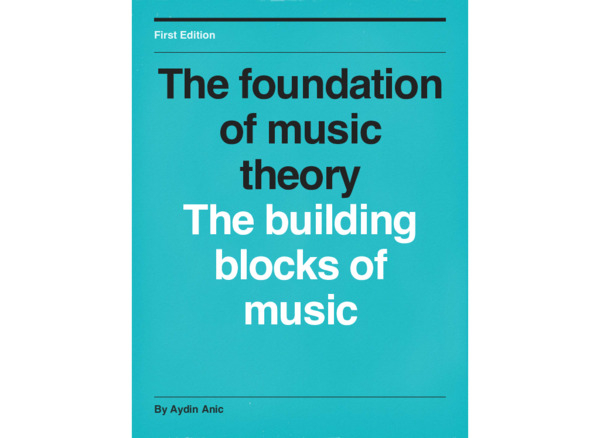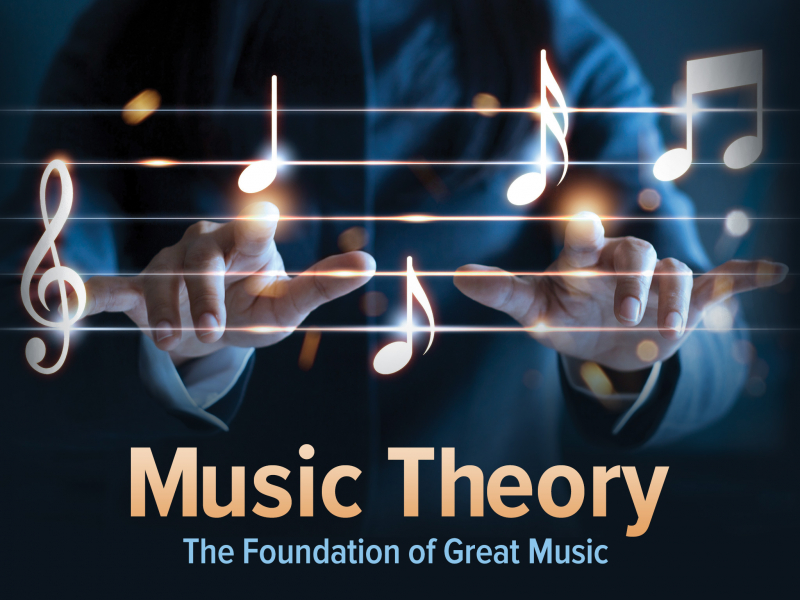Foundations of Music Theory

Music Theory is a practice that musicians use to understand and communicate music's language. Musical theory is the study of the fundamentals of music. It also includes a method for interpreting musical compositions. Basic music theory, for example, defines the elements that comprise harmony, melody, and rhythm. It recognizes song form, tempo, notes, chords, key signatures, intervals, scales, and other compositional elements. It also recognizes musical characteristics like pitch, tone, timbre, texture, dynamics, and so on.
This course, revised in 2022, will introduce you to music theory, equipping you with the skills needed to read and write Western music notation, as well as understand, analyze, and listen to music with confidence. Pitch and scales, intervals, clefs, rhythm, form, metre, and time signatures, phrases and cadences, and basic harmony will all be covered. This course teaches the fundamentals of Western music theory, beginning with the fundamentals and progressing to more advanced concepts. As such, it is an excellent course for both beginning and advanced musicians.
Skills you will gain:
- Scales, Notation, Harmony, Rhythm, Chords
Informations about course:
- Flexible deadlines: Reset deadlines based on your availability.
- Shareable certificate: Get a Certificate when you complete
- 100% online: Start now and learn when it's convenient for you.
- Beginner level: Approx. 12 hours to complete
- Subtitles: English
Rating: 4.5/5.0
Enroll here: coursera.org/learn/edinburgh-music-theory











